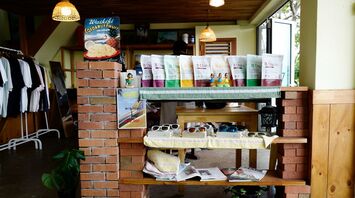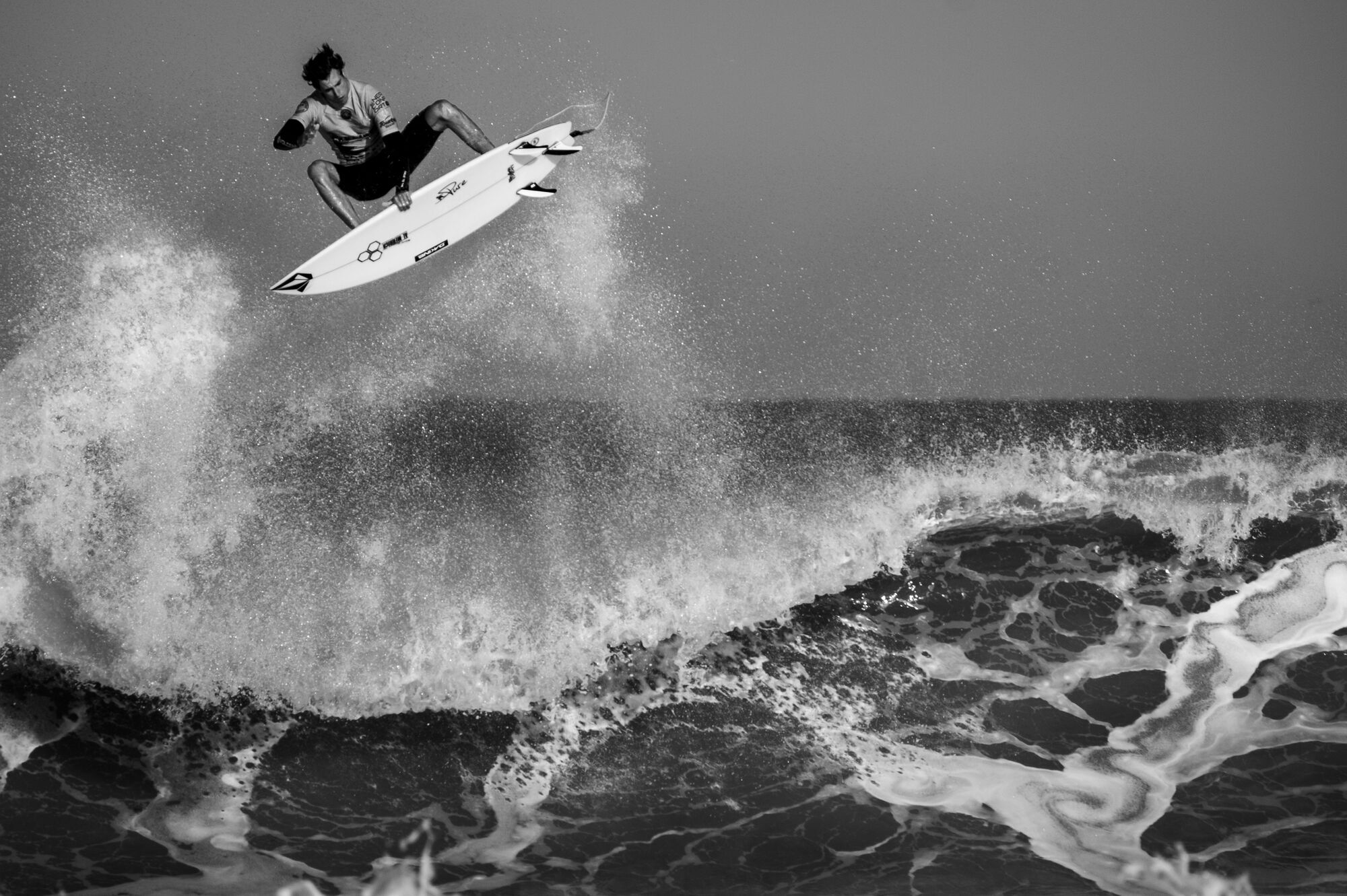Busan: South Korea's Emerging Surfing Haven

When most people think of South Korea, images of bustling cities, historic palaces, and vibrant cultural festivals often come to mind. Yet, nestled along the southern coastline, Busan offers an unexpected thrill for adventure seekers—surfing. While South Korea might not be the first place that comes to mind for surf enthusiasts, the city of Busan is quickly gaining recognition as a hotspot for riding the waves, drawing both local surfers and international visitors to its shores.
Surfing in Busan: A Growing Trend
South Korea’s surf scene has experienced rapid growth in recent years, and Busan, the country’s second-largest city, is at the forefront of this movement. Haeundae Beach, one of the city’s most famous stretches of coastline, has long attracted beachgoers and swimmers, but in recent years, it has also become a hub for surfers seeking to catch its reliable swells.
Busan’s surf culture is still relatively young, but it’s flourishing. Surf schools and rental shops line the beach, catering to everyone from beginners to seasoned surfers. The rise of the sport in Busan is not just about the waves themselves but also about the sense of community it fosters. As the local surf scene grows, so too does the number of competitions, events, and social gatherings centered around the sport, creating a vibrant and inclusive surf culture.
The Best Surf Spots in Busan
While Haeundae Beach is one of the most well-known surf locations in Busan, other beaches in the area offer unique experiences for surfers of all skill levels. Songjeong Beach, located to the east of the city center, has become the go-to spot for both novice and experienced surfers alike. Known for its consistent, beginner-friendly waves and laid-back atmosphere, Songjeong is where many locals first learn to surf.
Unlike Haeundae, which can become crowded with sunbathers and swimmers during the summer months, Songjeong has a more relaxed vibe, making it an ideal destination for those who want to focus on surfing. The beach is also home to several surf schools, where instructors offer lessons tailored to all levels, making it a perfect place to start for those new to the sport.
For those looking for a more advanced challenge, Gwangalli Beach provides bigger swells and fewer crowds. While it may not have the same fame as its counterparts, Gwangalli offers a stunning view of the Gwangan Bridge, creating a scenic backdrop for surfers looking to enjoy the ocean against the city skyline.
Seasonal Surfing: When to Hit the Waves
Busan’s coastal climate means that surfing is possible year-round, but the conditions vary depending on the season. The best time to surf in Busan is during the late summer and early autumn months when typhoon swells bring in larger, more powerful waves. From August to October, experienced surfers flock to Busan’s beaches, drawn by the promise of higher swells and stronger offshore winds.

In contrast, the spring and early summer months offer gentler waves, ideal for beginners learning the basics of the sport. During this time, water temperatures are cooler, but wetsuits make it comfortable for surfers to spend hours in the water. The relative calm of spring surfing also attracts those looking for a more peaceful experience, away from the busier summer crowds.
Winter surfing, while not for the faint-hearted, is still an option for those willing to brave colder conditions. Enthusiasts seeking solitude often venture out during these months, finding empty beaches and clean, crisp waves that make the chill worthwhile.
Beyond the Surf: Exploring Busan’s Coastal Charm
Busan offers more than just waves for surfers to enjoy. The city’s dynamic culture and coastal scenery provide a perfect balance between adventure and relaxation. After a long day on the water, surfers can explore the nearby seafood markets, savoring fresh catches from the sea, or unwind in the hot springs that the region is famous for.
Hikers can explore Busan’s dramatic coastal trails, such as the Igidae Coastal Walk, which offers breathtaking views of the ocean and the city skyline. For those looking to dive deeper into the local culture, a visit to the Haedong Yonggungsa Temple, perched dramatically on a cliffside overlooking the ocean, provides a moment of reflection amidst the waves.
In the evenings, Gwangalli Beach transforms into a lively hub, where beachside cafes, restaurants, and bars offer the perfect setting to watch the sunset over the sea, with the illuminated Gwangan Bridge lighting up the night.
Surf Culture and Environmental Awareness
As surfing grows in popularity, so too does the awareness of the environmental challenges facing Busan’s beaches. The local surf community has taken an active role in promoting sustainability and ocean conservation. Many surf schools and organizations regularly host beach clean-ups and environmental awareness campaigns, encouraging both locals and tourists to take responsibility for preserving the natural beauty of Busan’s coastline.
Surfing in Busan isn’t just about catching waves—it’s also about respecting the ocean and contributing to its protection. This growing sense of environmental stewardship is becoming an integral part of the city’s surf culture, with initiatives aimed at reducing plastic waste and protecting marine life gaining momentum.



















